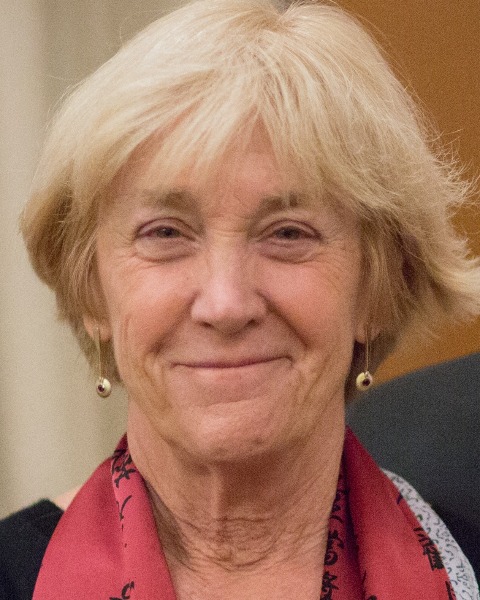Gene therapies and gene editing
Law, regulation, and governance
Paper Session J4
Assessing the impacts of the major human genome editing (HGE) reports on the governance landscape
Wednesday, June 12, 2024
3:30 PM – 5:00 PM ET
Location: Hub 1

Gail E. Henderson, PhD (she/her/hers)
Professor
University of North Carolina - Chapel Hill
Chapel Hill, North Carolina, United States
Speaker(s)
In 2018, the scientific community was shocked by news that a rogue scientist’s genome editing of embryos had resulted in the birth of twin girls in China. A flurry of international reports offering ethical and governance guidance on human genome editing (HGE) followed in 2020 and 2021. This paper examines whether publication of these reports (e.g., the National Academies’ and Royal Society’s International Commission report and the WHO’s framework and recommendations) had any discernible impact on the global governance landscape. It compares U.S. and international laws, regulations, and other governance documents that existed prior to the reports’ issuance to the current state of governance. Data include the laws and regulations themselves as well as interviews with individuals who participated in preparing the major HGE reports. Our analysis suggests that it is impossible to draw any direct causal connections between the reports and any subsequent governance reforms. In fact, very little has changed in the global governance landscape since the reports were issued. However, the reports and the governance status quo reflect a widely shared set of scientific and moral values that have been evolving over the last decade. In that sense, the reports have played an important role in refining, ratifying, and publicizing those values. The weight accorded to the reports will thus make it all but impossible for the scientific community and its governmental overseers to repudiate or backtrack from those values and will help to ensure that future scientific developments will be evaluated in their light.
Authors: Gail Henderson, University of North Carolina School of Medicine; John Conley, University of North Carolina School of Law; Hayley Stancil, University of North Carolina School of Law; Greg Inamine, University of North Carolina School of Law; and Alexandra Robinson, University of North Carolina Dept of Public Policy
Authors: Gail Henderson, University of North Carolina School of Medicine; John Conley, University of North Carolina School of Law; Hayley Stancil, University of North Carolina School of Law; Greg Inamine, University of North Carolina School of Law; and Alexandra Robinson, University of North Carolina Dept of Public Policy